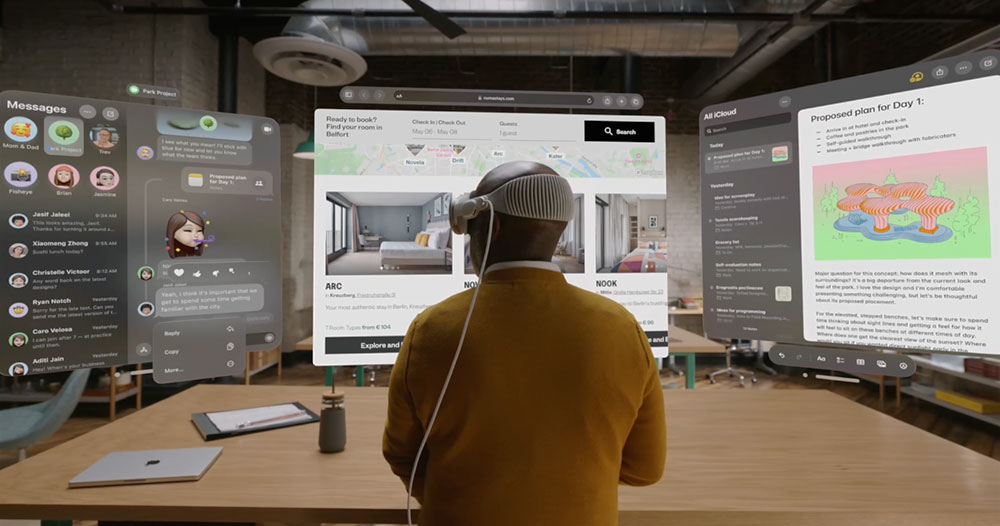
The leak of a memo from HP CEO Leo Apotheker describing a tough upcoming quarter prompted the company to deliver its quarterly earnings report on Tuesday, a day earlier than planned. Despite the beating the stock took after the memo was leaked, shareholders might just as well have waited for the originally scheduled date: The results for the second quarter were actually in line with expectations, but the company lowered its guidance for the rest of the year, citing soft demand for personal computers, a slowdown resulting from the natural disasters in Japan, and the need to make additional investment in its services business.
“For the quarter, it now expects US$1.08 earnings per share,” Frederic Ruffy, the senior options strategist at WhatsTrading.com told the E-Commerce Times. “Analysts were expecting $1.23. For the year, the company said it expects at least $5 per share. The Street was looking for $5.24.”
The guidance hit the Street by surprise because the company normally lives up to its commitments on earnings results, noted Ruffy.
“Obviously, the Japan quake was unexpected. The longer-term concern seems to be the sluggish consumer PC sales and slowing of the services business,” he said.
Beefing Up Services
To that end, HP is still hopeful it can reposition itself as a more visible provider of such high-margin offerings as cloud computing, mobility and business analytics services — in other words, compete more directly with IBM.
This will cost money, of course, both in terms of hard resources and increased headcount, which — based on the Apotheker memo’s warnings against spending — the CEO seems loath to allow.
HP did not respond to the E-Commerce Times’ request to comment for this story.
The WebOS Factor
The company also appears to be pinning a great deal of its future hopes on webOS — the mobile operating system it acquired with its purchase of Palm. Earlier this year, HP announced that it would include webOS on every PC it ships, along with the latest version of stationary computing standard Microsoft Windows, by 2012 — an integration that is happening much faster than the market anticipated.
At face value, it seems to be a good move: WebOS was a much beloved platform among developers; Microsoft, of course, is still the dominant OS. Having both in one system would satisfy a variety of needs.
More Details Necessary
Such a broad-brush picture, though, is not enough to assure investors — not to mention the mobile community — that HP is on the right track, Avita Arvani of the Arvani Group told the E-Commerce Times.
“It is good to hear that HP wants to invest strategically in the growth areas, including services and mobile. But there is not enough publicized details to see how that overall noble goal will translate into real growth for the company,” she said — especially in the mobile space, where it is not clear at all how it will proceed.
While webOS is technically advanced, it made a late entrance to the smartphone market and now is late to the tablet party as well, continued Arvani.
“So far, we have not heard how HP is going to address that huge hurdle,” she said –“only references to how superior WebOS is, and some day it will ship on 100 million HP devices a year.”
By this point, HP needs a big bang approach for the mobile market, she concluded, and it needs to start outlining it to corporate customers and shareholders as soon as possible.






















































Social Media
See all Social Media